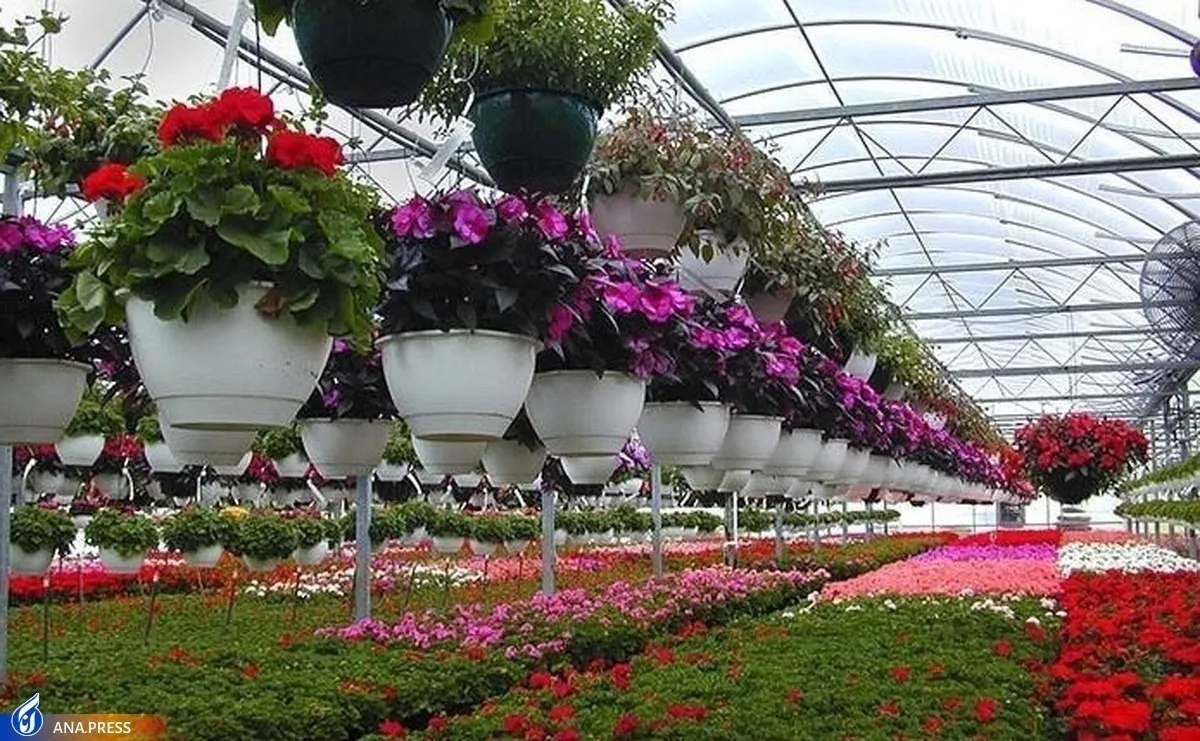Islamic Azad University’s Gorgan Branch Implements 3 Innovative Plans on Ornamental Plants

“The first plan is production of plant fungicide. This project has been started since two years ago in one of the greenhouses of ornamental plants and the process first started on two seeds and after obtaining the initial positive results in one year, 22 seeds of ornamental plants and important summer vegetables were selected and the effect of the prepared compounds on 6 fungus strains was studied and very significant results were obtained,” Mohsen Tajari told ANA.
Noting that the second plan was the production of fertilizer in the center, he said, “This technological plan started last year and continues until now, and due to the different reactions of ornamental plants, different combinations of various plants will be studied to achieve the final results. In the first stage, good results have been obtained, which, of course, are undergoing additional tests, and if significant positive results are obtained, the final product will be ready for presentation to the market.”
“Also, the third technological plan was production of a nutrient solution for the flowering ornamental plants,” Tajari said.
In a relevant development in April, plant-based fungicide was produced by the Iranian technologists at the incubator center of Islamic Azad University’s Gorgan branch which has a significant and noticeable superiority over other domestic and foreign samples.
“The field of activity of Fanavar Behzist company is production of a type of plant-based fungicide which is prepared by using a series of plants with antifungal properties,” Parvin Zolfaqari, a PhD student in the agricultural field at Gorgan University of Agricultural Sciences and Natural Resources, told ANA.
She explained that the plant-based fungicide can be used as a pre-cultivation and has successfully passed the experimental stages.
“In the first stage, we tested our fungicides on two types of ornamental plants, including Adenium and Vigouri plants, and the results showed that the fungicide enjoys the capability to compete with other samples available in the market,” Zolfaqari said.
“In the next step, we tested the fungicide on 20 types of ornamental plants and two types of summer crops, and the results were also positive. Also, a mushroom cultivation experiment was conducted and the effect of fungicides in controlling parasitic fungi was assessed, and we achieved good results from this stage too,” she noted.
4155/v





















